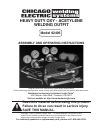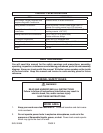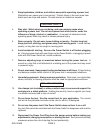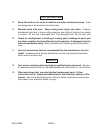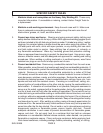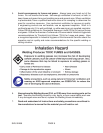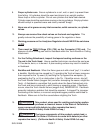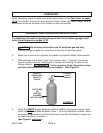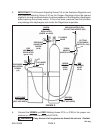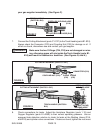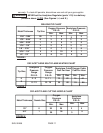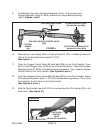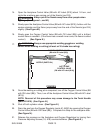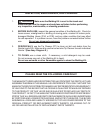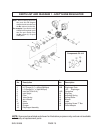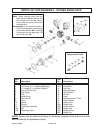
SKU 92496 PAGE 6
7. Read and understand all instructions and safety precautions as outlined in
the manufacturer’s manual for the material you will weld or cut.
6. Always keep the Welding Hoses (D1A, or D1B) away from moving parts on the
tool. Examine the Welding Hoses for cuts, burns, or worn areas before each use.
If any damaged areas are found, replace the Welding Hoses immediately.
5. Avoid overexposure to fumes and gases. Always keep your head out of the
fumes. Do not breathe the fumes. Use enough ventilation or exhaust, or both, to
keep fumes and gases from your breathing zone and general area. Where ventilation
is questionable, have a qualified technician take an air sampling to determine the
need for corrective measures. Use mechanical ventilation to improve air quality.
If engineering controls are not feasible, use an approved respirator. Work in a
confined area only if it is well ventilated, or while wearing an air-supplied respirator.
Follow OSHA guidelines for Permissible Exposure Limits (PEL’s) for various fumes
and gases. Follow the American Conference of Governmental Industrial Hygienists
recommendations for Threshold Limit Values (TLV’s) for fumes and gases. Have
a recognized specialist in Industrial Hygiene or Environmental Services check the
operation and air quality and make recommendations for the specific welding or
cutting situation.



